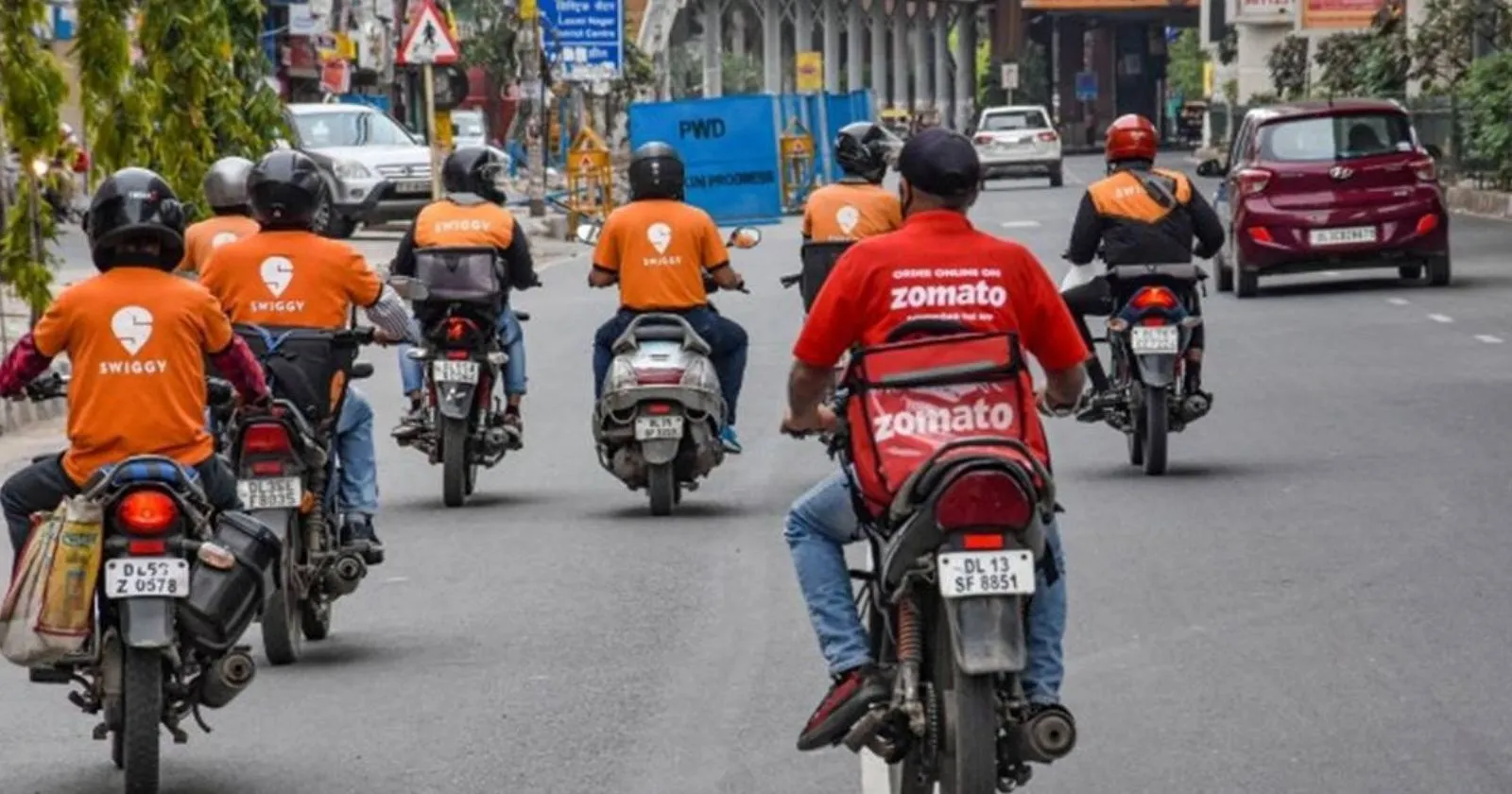
Part of the 2025–26 state budget, the subsidy aims to support gig workers hit by post-pandemic job insecurity and lack of formal safeguards.

Share Post

Part of the 2025–26 state budget, the subsidy aims to support gig workers hit by post-pandemic job insecurity and lack of formal safeguards.
Tamil Nadu has announced a ₹20,000 subsidy for 2,000 registered gig workers to buy e-scooters, together with group insurance for 50,000 workers, through its Gig Workers Welfare Board. It is included in the state budget for 2025–26, as a means of supporting gig workers straddling unemployment and the absence of formal safeguards following the pandemic.
Gig workers, such as food, grocery, and courier delivery riders, typically have high initial expenses for cars. Even low-cost electric vehicles (such as Ola or Ather) are priced between ₹80,000–₹1 lakh. A ₹20,000 subsidy would fill this gap and formalise mobility in the gig economy.
Also Read: Karnataka Mulling To Impose Fee On Swiggy, Zomato, Rapido, Uber, Others: Report
The union of gig workers, organised by K.C. Gopikumar, appreciated the move but called for extension to more areas and better conditions, such as paid holidays and institutional recognition of accountability on the platforms. Delivery companies Swiggy and Zomato have, till now, kept silent on the initiative.
In spite of the rackets, registration of workers is low; only slightly more than 10,000 out of an estimated 500,000 gig workers have registered with Tamil Nadu's board. Lack of awareness and registration obstacles (such as Aadhar OTP problems) hamper outreach.
Also Read: Tamil Nadu To Offer ₹20,000 Subsidy On e-Scooter Purchase For Gig Workers
Using an e-scooter is one thing; recharging it is another. Tamil Nadu's public EV charging stations are still scarce, aggravating "range anxiety" among consumers. Worse, the market is inundated with unregistered, super-affordable (<₹30,000) EVs that cut corners on safety standards and no insurance cover, creating grave threats to users and pedestrians alike.
Electric carmakers might gain by receiving demand signals from gig workers for durable, long-lasting e-scooters designed to handle gig-life workloads. But workers complaining say these support packages, though needed, are like a drop in the ocean, considering irregular working hours, no guaranteed leave, and minimal social security.
Also Read: After Karnataka, Hyderabad May Ban Bike Taxis Too
Tamil Nadu's subsidy is a progressive, welcome measure in the direction of acknowledging gig workers as members of the state's labour force and adopting green mobility. But the acid test will be execution, awareness, registration, infrastructure, and safety enforcement, will ascertain if this is a pilot to inclusive, scalable reform or merely a drop in the ocean.
Would the government now focus on mandatory EV safety regulations and charging facilities, or continue to provide targeted fiscal incentives?
Xiaomi Vision Gran Turismo Concept Car Leaked Ahead of Debut
Acko Drive Team 28 Feb, 2026, 11:14 AM IST
Mahindra XEV 9S Gets New Custom Mode For Better Control
Acko Drive Team 28 Feb, 2026, 8:18 AM IST
Yezdi Roadster New Variant Teased Ahead of Launch on March 3
Acko Drive Team 28 Feb, 2026, 6:05 AM IST
Unutilised Funds, Startup Barriers: Is Auto PLI Scheme Due for Reform?
Arun Prakash 28 Feb, 2026, 4:04 AM IST
Maruti Suzuki Inaugurates 200th Nexa Studio Outlet, Bets Big On Rural Market
Sameer Fayaz Contractor 27 Feb, 2026, 3:04 PM IST
Looking for a new car?
We promise the best car deals and earliest delivery!
